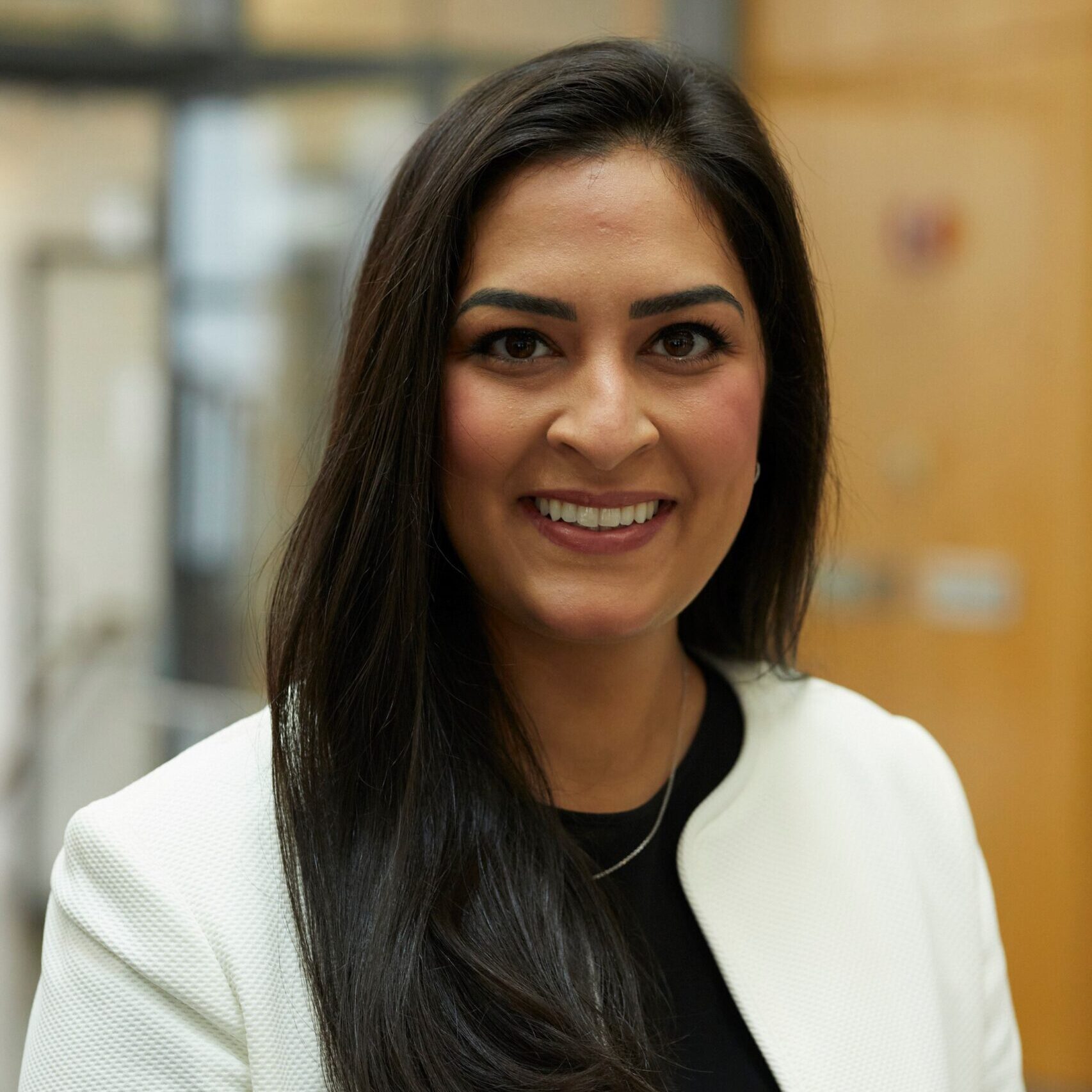Michelle Amri

Academic Rank(s)
Assistant Professor (Global Health Ethics) MPA, PhD
Phone
michelle.amri@ubc.ca
Location
209-2206 East Mall Vancouver, BC V6T 1Z3
Dr. Michelle Amri holds the Mary and Maurice Young Professorship in Applied Ethics. She was a Term Assistant Professor at the School of Public Policy at Simon Fraser University (SFU). Prior to joining SFU, she was a Takemi Fellow in the Takemi Program in International Health at Harvard University. She has taught several courses at SFU, the University of Victoria, and the University of Toronto (St. George and Scarborough); and was recognized with a teaching award at the latter. She has served in various roles in government and the World Health Organization (WHO) and continues to consult for the WHO. She sits on the Board of Directors for the Canadian Association for Global Health and led the scientific agenda for the Canadian Conference on Global Health as a conference co-chair last year and continues to co-lead this year’s conference.
Dr. Amri’s program of research is situated in global health and uses an applied ethics lens to focus on the normative nature of health equity. Her work seeks to understand how equity can be better incorporated in public policymaking, both in terms of how relevant actors consider equity in developing policy (e.g., how equity is understood and operationalized) and how equity can be improved in policymaking processes (e.g., multisectoral approaches including those at the city-level, decolonizing policymaking).
Dr. Amri’s program of research is situated in global health and uses an applied ethics lens to focus on the normative nature of health equity. Her work seeks to understand how equity can be better incorporated in public policymaking, both in terms of how relevant actors consider equity in developing policy (e.g., how equity is understood and operationalized) and how equity can be improved in policymaking processes (e.g., multisectoral approaches including those at the city-level, decolonizing policymaking).